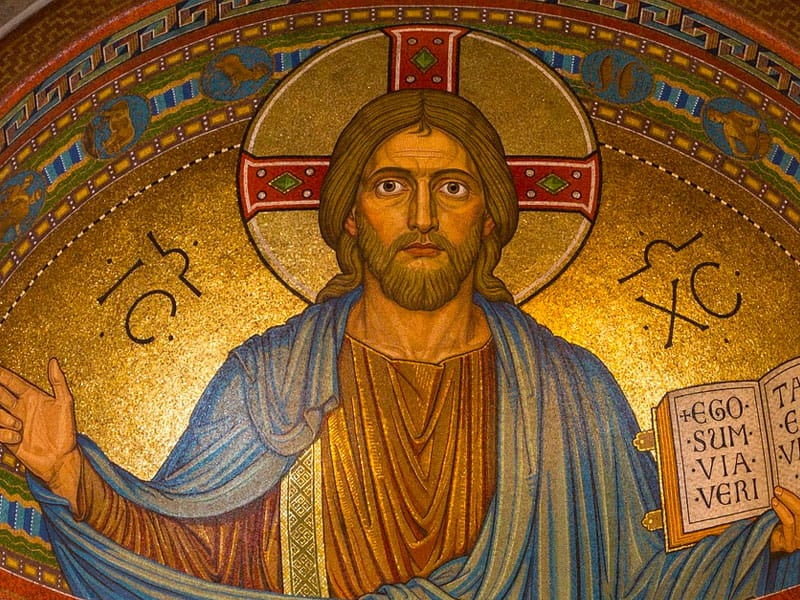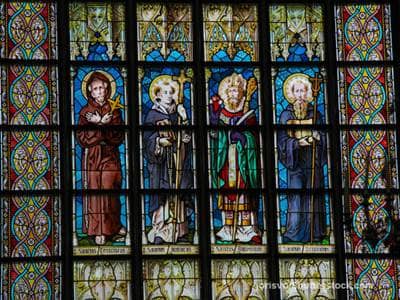Most Holy Name of Jesus

In a world of fiercely guarded corporate names and logos, it should be easy to understand this feast. The letters IHS are an abbreviation of Jesous, the Greek name for Jesus.
Although St. Paul might claim credit for promoting devotion to the Holy Name because Paul wrote in Philippians that God the Father gave Christ Jesus “that name that is above every name” (see 2:9), this devotion became popular because of 12th-century Cistercian monks and nuns but especially through the preaching of St. Bernardine of Siena, a 15th-century Franciscan.
Bernardine used devotion to the Holy Name of Jesus as a way of overcoming bitter and often bloody class struggles and family rivalries or vendettas in Italian city-states. The devotion grew, partly because of Franciscan and Dominican preachers. It spread even more widely after the Jesuits began promoting it in the 16th century.
In 1530, Pope Clement V approved an Office of the Holy Name for the Franciscans. In 1721, Pope Innocent XIII extended this feast to the entire Church.


